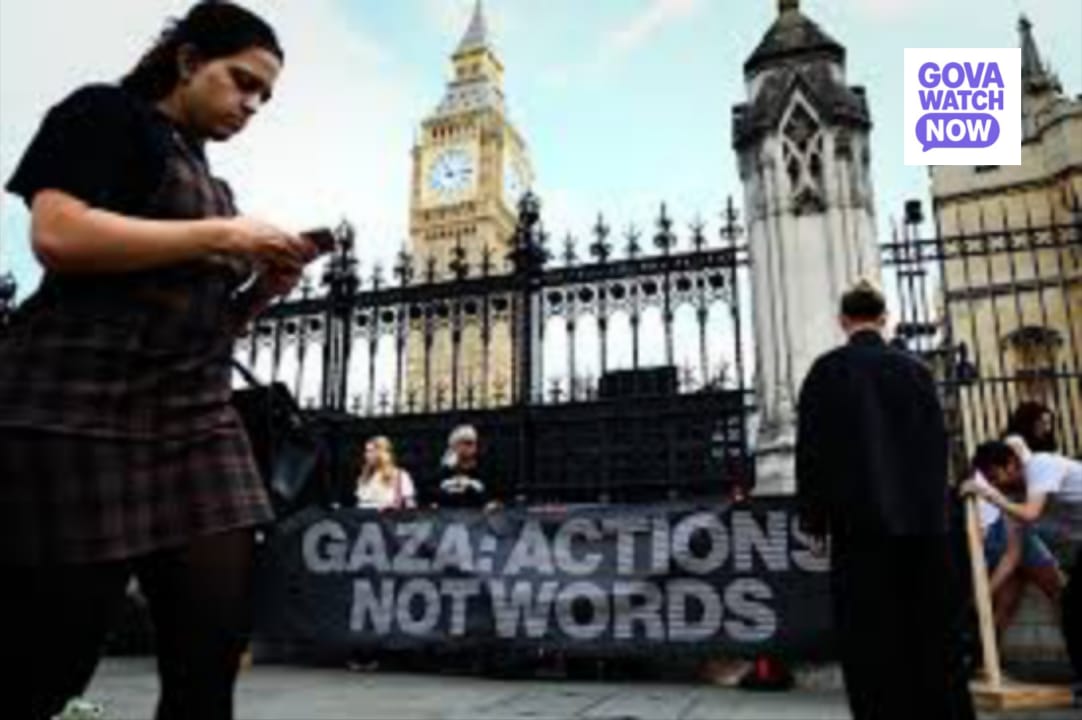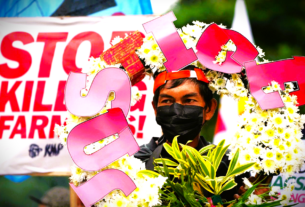The UK Government’s handling of Israel’s military operations in Gaza has drawn sharp criticism from 15 prominent human rights organizations, who describe its response as “gravely inadequate.” In an open letter addressed to Prime Minister Keir Starmer and Foreign Secretary David Lammy, groups including Amnesty International, Global Justice Now, Christian Aid, and Muslim Aid call for urgent and substantive action amid an escalating humanitarian crisis.
Symbolism Falls Short of Expectations
Last week, the Labour government announced a suspension of talks on a proposed trade deal with Israel, imposed sanctions on several individuals and illegal settler outposts, and pledged to review its 2030 bilateral relations roadmap. However, these measures were quickly overshadowed by reports that the UK dispatched a surveillance aircraft over Gaza mere hours after publicly halting trade negotiations raising questions about the government’s commitment to meaningful change.
The letter’s signatories argue that current UK policies fail to materially deter ongoing Israeli military actions or address the systemic factors driving settlement expansion and violence in occupied Palestinian territories.
Calls for Concrete Policy Shifts
The coalition of human rights organisations urges the UK Government to enact a series of concrete measures designed to protect lives and uphold international law:
- A complete suspension of all arms transfers to Israel. While some arms export licenses have been paused, the majority remain active, effectively enabling continued Israeli military operations in Gaza.
- Suspension of the UK-Israel Trade and Partnership Agreement (TPA). Given the agreement’s explicit human rights clause, and in light of the European Union’s recent review of its comparable deal, the UK is called upon to follow suit by suspending the agreement and reverting trade to World Trade Organization (WTO) rules.
- A ban on trade and investment in illegal Israeli settlements. The UK Government’s current position discourages economic ties to settlements on occupied West Bank territory but stops short of formal prohibition. The letter stresses this ban as essential to ensure full compliance with international law.
These demands extend beyond the immediate crisis in Gaza, aiming to address the broader legal and ethical violations underpinning the decades-long conflict.
Expert Voices Highlight Urgency
Tim Bierley, campaigner at Global Justice Now, emphasises the moral imperative: “Actions speak louder than words. As long as the UK continues to trade with and arm Israel, it is complicit in the ongoing atrocities. The government’s response to date is insufficient and risks enabling further human suffering.”
Kristyan Benedict, Amnesty International UK’s crisis response manager, calls on the UK Government to deploy every diplomatic and economic tool available. “The UK is failing to confront the fundamental issues of apartheid, illegal occupation, and impunity that fuel this conflict,” he said. “International law must be central to all bilateral and multilateral agreements with Israel to prevent further crimes.”
Charles Lawley, director of communications and advocacy at Action For Humanity, condemns the government’s approach as inadequate: “Symbolic measures offer only an illusion of action while lives are lost. Ending arms transfers and suspending trade ties with Israel are critical steps the UK must take to fulfill its legal and moral responsibilities.”
Government Response and Future Prospects
A spokesperson for the Foreign, Commonwealth and Development Office reiterated the UK’s condemnation of Israel’s military actions and highlighted ongoing calls for unhindered humanitarian aid access into Gaza. The statement warned that further concrete actions would be considered if the offensive continues and aid restrictions persist.
As the humanitarian crisis deepens, with the United Nations warning of potential ethnic cleansing in Gaza, the international community, including the UK, faces mounting pressure to shift from symbolic condemnations to decisive policy interventions.
Conclusion
The collective letter from leading human rights organisations underscores the urgent need for the UK Government to align its foreign policy with international law and human rights obligations. With lives at stake and the conflict’s roots deeply entrenched, the government’s response will be a defining measure of its commitment to justice, accountability, and humanitarian principles.




